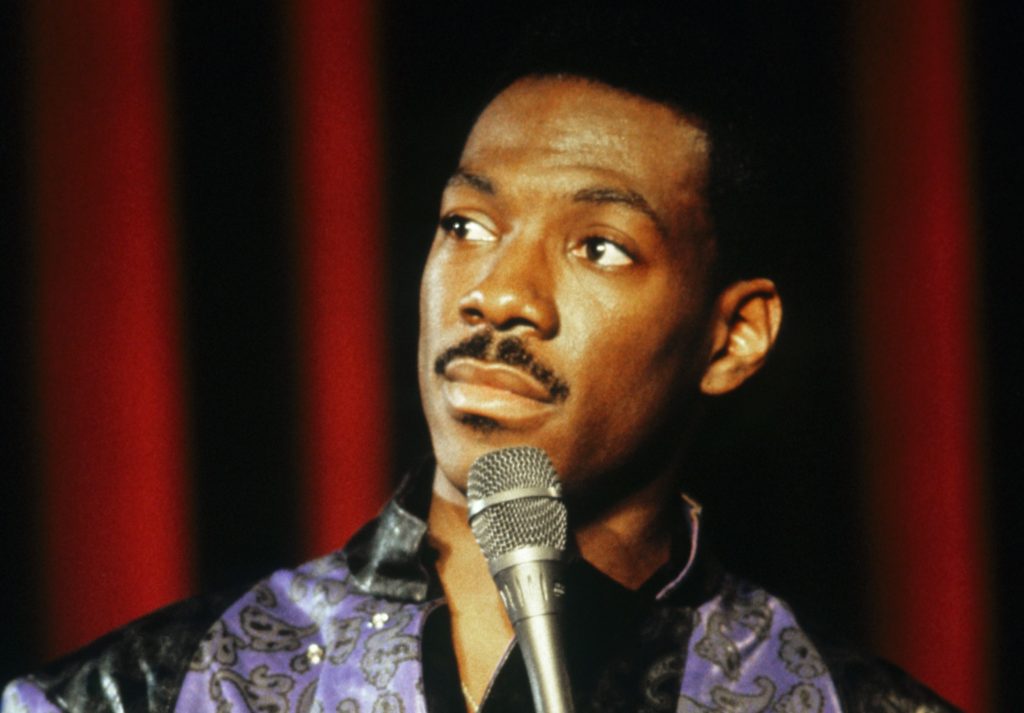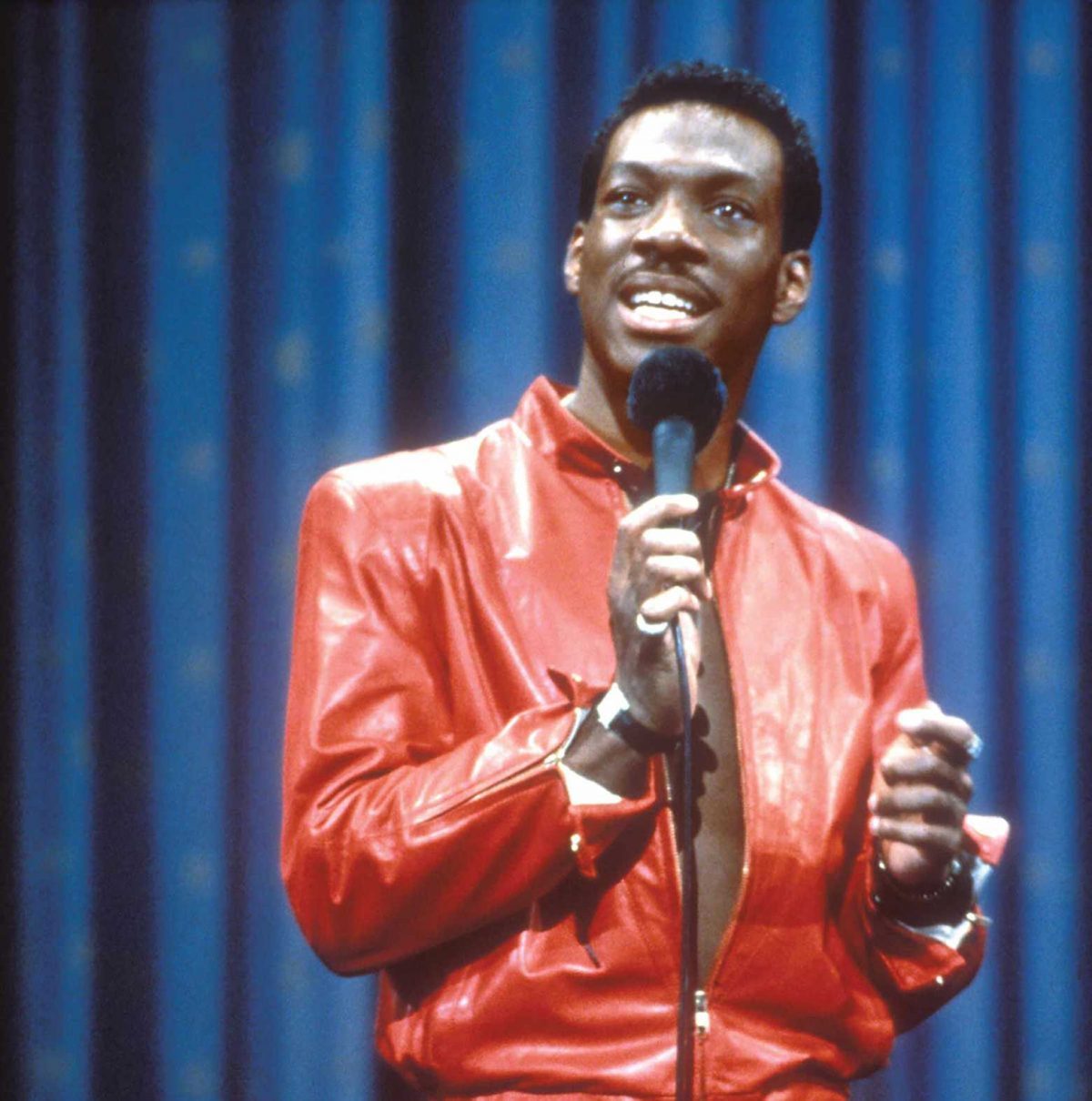

An estimated 4000 people attended, while Channel 4 filmed it for a documentary. In 1996, an event was held in the open air, on the green next to Littlehampton's beach. Similar challenges took place at the Central Hall in Southampton where up to 1200 people would gather each month. The turnout at the events grew so much that the regular venue (a local school hall) had to be replaced with the school's sports hall, whilst the organizers had to charge a small fee to control the numbers attending. Tim Jupp, on the early days of 'The Cutting Edge Band' I would end up leading the worship in the meetings."

I can remember times actually, this will make people laugh, when I was the one. "Martin was this really shy, almost withdrawn character. The group remained as the house band for Cutting Edge for several years, and they began to record and release the 'Cutting Edge' cassette tapes. The events in Portsmouth only lasted a year but the events in Central Hall, Southampton were to run for three years, the duration of the Cutting Edge events.

The events became popular via word-of-mouth, leading the band to play at other 'Cutting Edge' events along the south coast of England – monthly events in Portsmouth and Southampton. Several different musicians filled the role of guitarist and bass player. Originally, Jupp fronted the band, which also contained youth worker and drummer Stew Smith. Jupp had previously released an instrumental album titled "Hooked On Ishmael". The first members were Tim Jupp and Martin Smith, who became friends while working together at a recording studio. The group's function was to be a Christian worship band for a youth outreach event called "Cutting Edge", instigated by the Arun Community Church in Littlehampton, West Sussex. The band began life as a collection of musicians, known simply as 'The Cutting Edge Band'. The origins of Delirious? stretch back to 1992. History Origins: The Cutting Edge years (1992–1996) On 29 November 2009 they gave their final performance for a sold-out crowd at London's Hammersmith Apollo and have now officially disbanded. Drummer Stew Smith left the band at the end of April 2008, and it was announced via a press release on in July of the same year that Delirious? would soon embark on an indefinite and probably permanent hiatus from recording and touring in order to focus on these new projects. Both Martin Smith and Stu G started charities. In the final years of their career, Delirious? began to place a strong focus on humanitarian issues in their music. However, between 20 the focus was mainly placed on the CCM market, although occasional singles were still released. Between 19, the band targeted the majority of its work towards a mainstream audience, with several singles reaching the top 20 on the UK Singles Chart. The Cutting Edge Band had various members from 1992 to 1996 before the decision was made to take the band full-time as Delirious? with an established lineup. They are perhaps best known for their modern worship songs " Rain Down", "Majesty", "Lord You Have My Heart", "Thank You for Saving Me", "Did You Feel the Mountains Tremble?", "What a Friend I've Found" and their 1994 song " I Could Sing of Your Love Forever", which has been called a " modern worship classic" and is their most popular song in the United States. During their final two years, drumming duties were assumed by Paul Evans. For the majority of their career, the lineup featured Martin Smith on vocals and guitar, Stu G (full name Stuart Garrard) on guitar and backing vocals, Jon Thatcher on bass guitar, Tim Jupp on keys and piano, and Stew Smith on drums and percussion.

Delirious? performing live in Edinburgh, November 2009ĭelirious? (formerly known as The Cutting Edge Band) were an English contemporary Christian band.


 0 kommentar(er)
0 kommentar(er)
